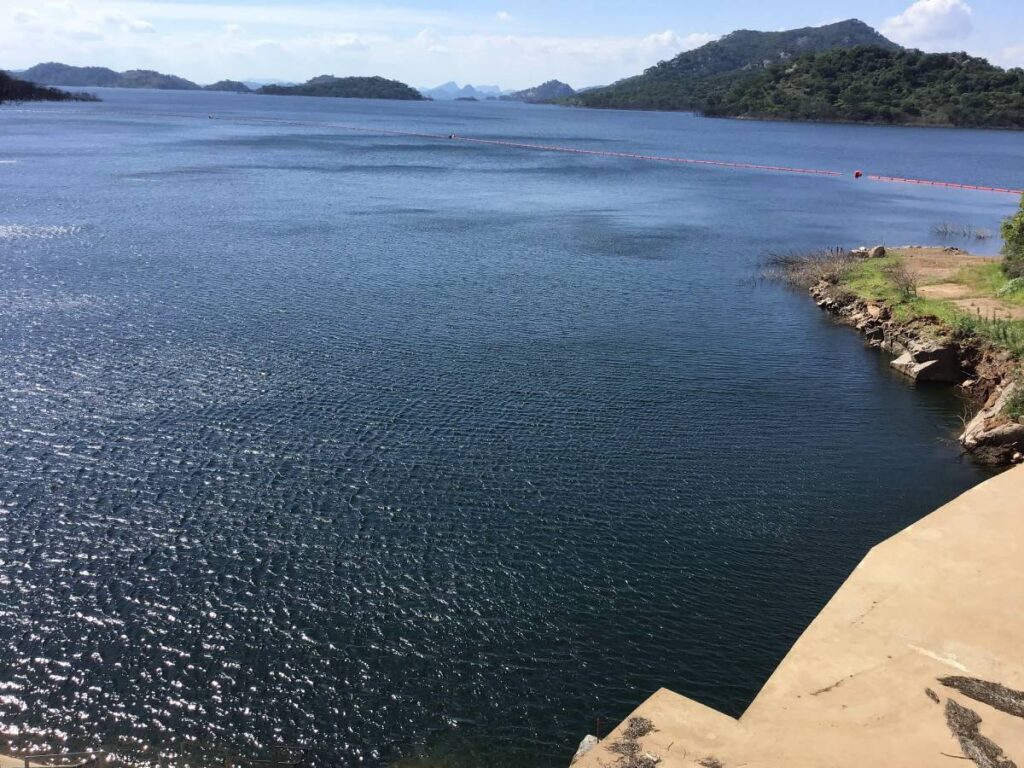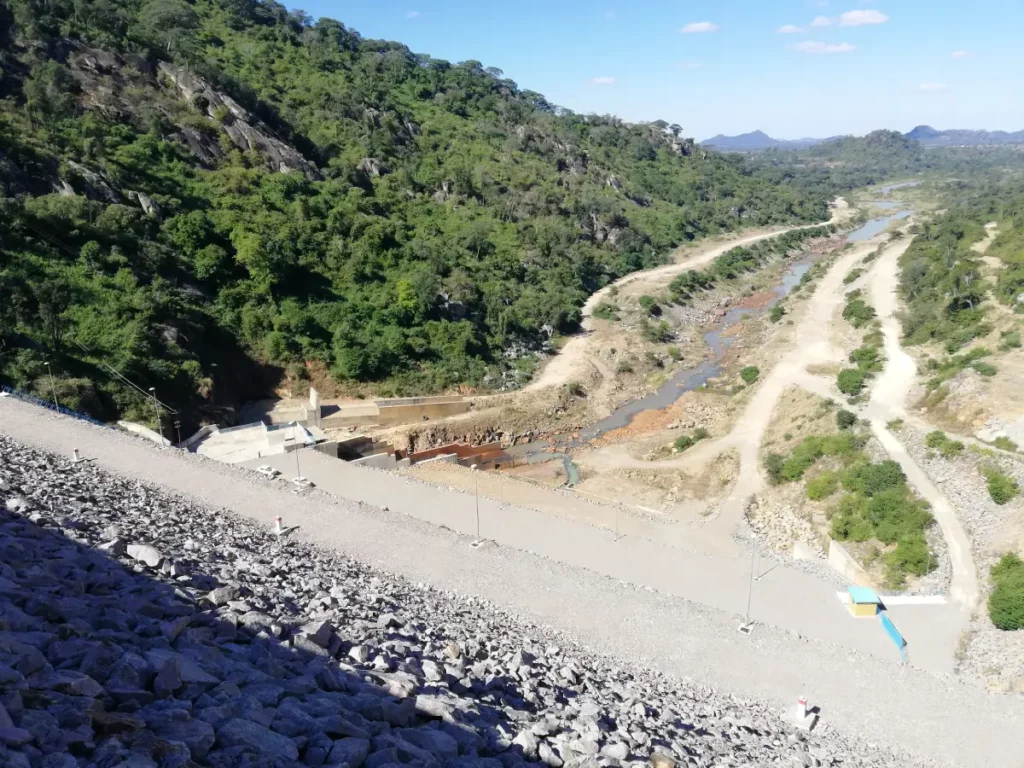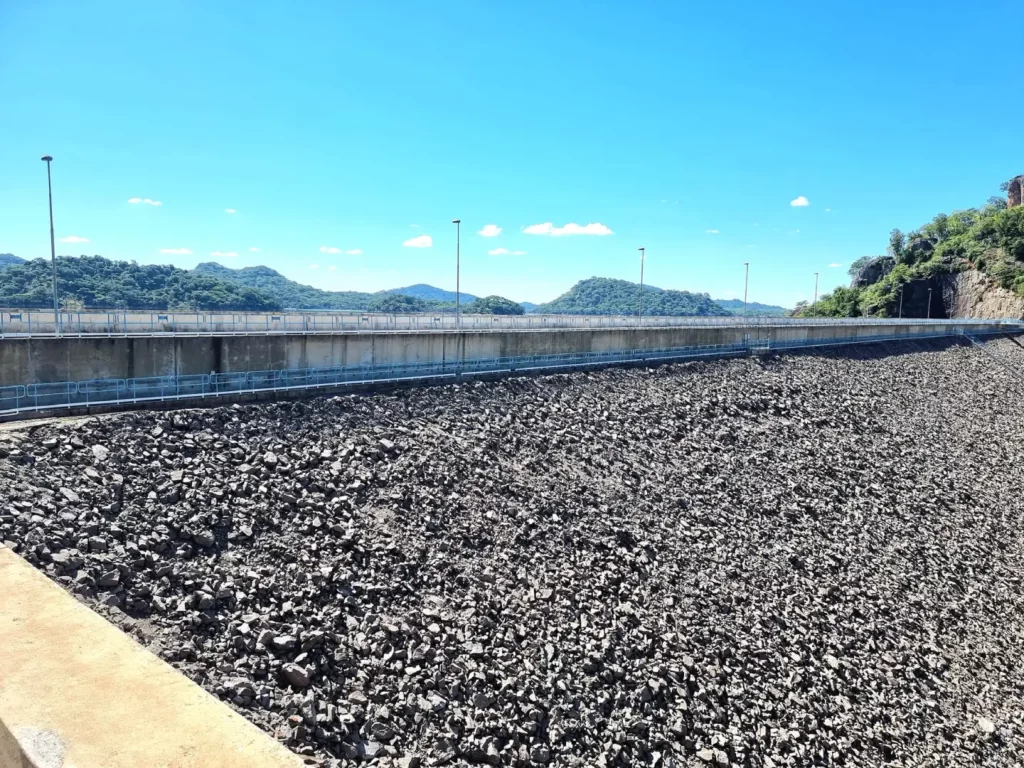Hippo Valley is excited about the sugar industry that happens to its farmers.
RESEARCH on water resources in Zimbabwe will be crucial for the expansion of the sugarcane industry in the country, according to a key industry player.
Hippo Valley Sugar wants to make the most of the greater water supplies to grow its output.
Tugwi Mukosi – the largest dam in the country – possesses a capacity of 1,8 billion litres. It can water an extra 25 000 hectares of land in the Lowveld.
ZINWA said that the Tugwi Mukosi dam was able to supply more than 100 percent of its water storage capacity during the 2011-12 season while the Mutirikwi reservoir supplied 98,3 percent of its water storage capacity.
The huge water holding capacity of both dams will enable sugar cane production to surge during the forthcoming crop season. Hippo Valley said the capacity of the Tugwi-Mukosi and Mutirikwi dams will enable farmers to grow more crops, including sugarcane and maize, the country s most widely grown grain.
Hippo said that the sugar industry is partnering with the ZINWA to upgrade the water conveyance infrastructure of the region, in order to be able to handle the demands for water arising from the increase in agriculture and irrigation activities.
Hippos noted that the water supply to Mkwasine sugarcane mills was hampered by difficulties with the Siya-Manjirenji water system, but work has been started to fix this.
Hippo Valley is preparing to boost its potential by investing in new sugarcane projects to benefit farmers and mill owners.
Tongaat and the ZSAES are extending financial support to farmers who want to set up sugarcane research facilities.
Programme to assist farmers will help them to produce more cane to meet the needs of the mill and also lead to yield increases in the coming years, mainly because of the introduction of new varieties of cane.
In the financial year under review, sugar cane production by Hippo Valley Estates rose by three percent to 209 510 tonnes from 204 384 tonnes in the prior year. The increase was due to improved sugarcane quality and improved efficiency of the sugarcane mills.
Private farmers’ cane deliveries increased 31 percent thanks to a rise in crop production attributed to newly discovered areas under the Kilimanjaro project and additional cane delivered from the previous season.
This was achieved by completing the necessary work before the start of the crushing season in May 2022, thereby enabling the mill to produce more sugar in the coming year.
Mr. Dube pointed out that cans were sold less in the year under review due to lower yields from yellow sugarcane aphid infestations and waterlogging of soils caused by incessant rains in the period between December 2020 and March 2021 that adverse crop development.
The company’s share in all sugar sales in the year under review was 53 percent.



